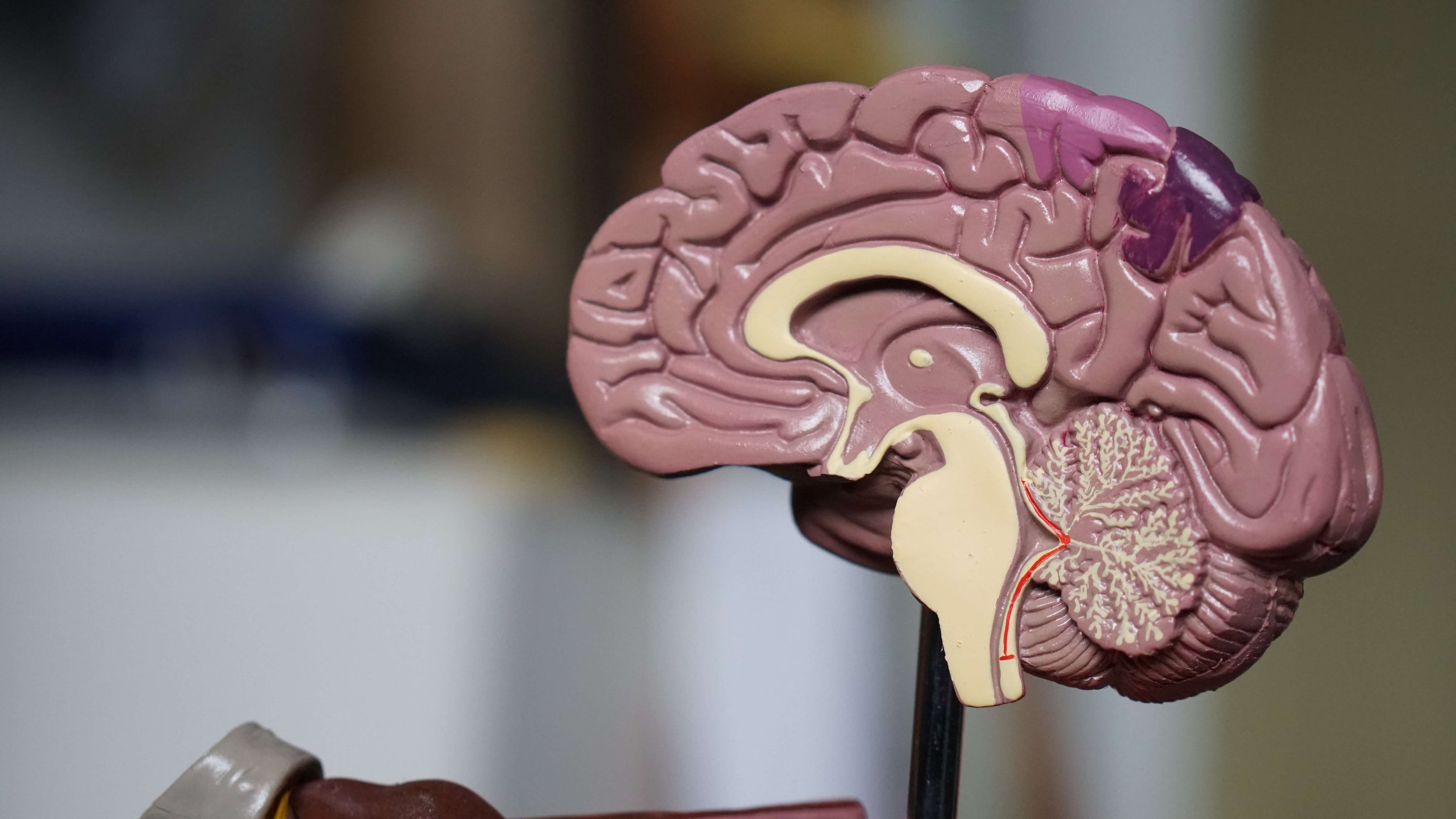The Science of Mindfulness: How Neuroscience Explains Its Benefits
Neuroscience and mindfulness may seem like two unrelated topics, but recent research has shown that they are actually closely connected. In fact, practicing mindfulness can have a positive impact on the brain, leading to improved mental and physical well-being. In this article, we'll explore the fascinating link between neuroscience and mindfulness, and how you can incorporate mindfulness practices into your daily life.
What is mindfulness?
Mindfulness is the practice of being present and fully engaged in the current moment, without judgment or distraction. It involves paying attention to your thoughts, feelings, and physical sensations, and accepting them without trying to change or control them. Mindfulness can be practiced through meditation, breathing exercises, or simply by focusing on the present moment during everyday activities like walking or eating. Research has shown that regular mindfulness practice can lead to reduced stress, improved mood, and better overall well-being.
The neuroscience behind mindfulness.
Neuroscience has shown that mindfulness can have a positive impact on the brain. Regular mindfulness practice can increase the thickness of the prefrontal cortex, the part of the brain responsible for decision-making, attention, and self-awareness. It can also decrease activity in the amygdala, the part of the brain responsible for the fight or flight response to stress. This can lead to reduced stress and anxiety, improved mood, and better overall well-being. Additionally, mindfulness has been shown to increase activity in the insula, the part of the brain responsible for empathy and compassion, which can lead to improved relationships with others.
How mindfulness can improve mental health.
Mindfulness has been shown to have numerous benefits for mental health. It can reduce symptoms of anxiety and depression, improve mood, and increase overall well-being. By increasing self-awareness and reducing stress, mindfulness can also improve relationships with others and lead to better communication and empathy. Regular mindfulness practice has even been shown to increase gray matter in the brain, which is associated with improved cognitive function and memory. Overall, incorporating mindfulness into your daily routine can have a significant positive impact on your mental health.
The physical benefits of mindfulness.
While mindfulness is often associated with mental health benefits, it can also have physical benefits. Studies have shown that regular mindfulness practice can lower blood pressure, reduce inflammation in the body, and improve immune function. It can also improve sleep quality and reduce symptoms of chronic pain. By reducing stress and promoting relaxation, mindfulness can have a positive impact on overall physical health and well-being.
Incorporating mindfulness into your daily routine.
If you're interested in incorporating mindfulness into your daily routine, there are many simple practices you can try. One popular technique is mindful breathing, which involves focusing your attention on your breath and observing it without judgment. You can also try mindful walking, where you pay attention to the sensations in your body as you walk, or mindful eating, where you savor each bite of food and pay attention to the flavors and textures. By practicing mindfulness regularly, you can experience the many benefits it has to offer for both your brain and body.
Of course, it always helps to have an expert to help guide you along your journey in mindfulness. Reach out to Dr. Lori Runge today to start your therapy journey based in mindfulness and start reaping the benefits of better mental and physical wellbeing.

